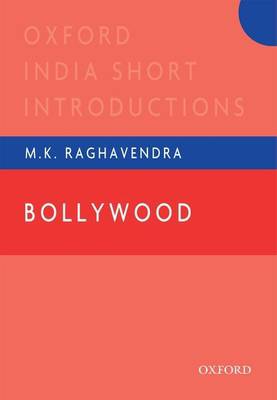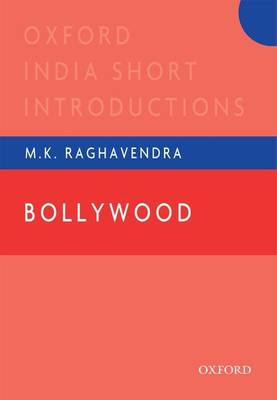
- Retrait gratuit dans votre magasin Club
- 7.000.000 titres dans notre catalogue
- Payer en toute sécurité
- Toujours un magasin près de chez vous
- Retrait gratuit dans votre magasin Club
- 7.000.000 titres dans notre catalogue
- Payer en toute sécurité
- Toujours un magasin près de chez vous
Description
Awaara, Sholay, Deewar, Hum Apke Hain Koun..!, 3 Idiots. The success stories of these cult films are not only well known, but have also benchmarked a specific kind of cinema that exerts a far-reaching appeal. Often misunderstood to represent all Hindi cinema, Bollywood, as a distinct industry operating within Indian cinema, has not received due attention. Replete with its own set of motifs, plot devices, tropes, and even themes, much of what is produced shares not only a devoted audience, but also big budgets, stars, larger-than-life sets, and enormous revenues. In Bollywood, M.K. Raghavendra maps the dramatic journey of this popular, mainstream phenomenon. He dwells on the various departures from Western cinema and examines the characteristic traits specific to Bollywood, relating them to classical aesthetics, poetics, and dramaturgy. While also touching upon its various production and distribution practices, this short introduction explains the assorted roles it has played in suturing pan-Indian and national cinema before and after 1947, and anticipates its future as a sustained form of global entertainment.
Spécifications
Parties prenantes
- Auteur(s) :
- Editeur:
Contenu
- Nombre de pages :
- 190
- Langue:
- Anglais
- Collection :
Caractéristiques
- EAN:
- 9780199469338
- Date de parution :
- 29-11-16
- Format:
- Livre broché
- Format numérique:
- Trade paperback (VS)
- Dimensions :
- 127 mm x 183 mm
- Poids :
- 340 g







